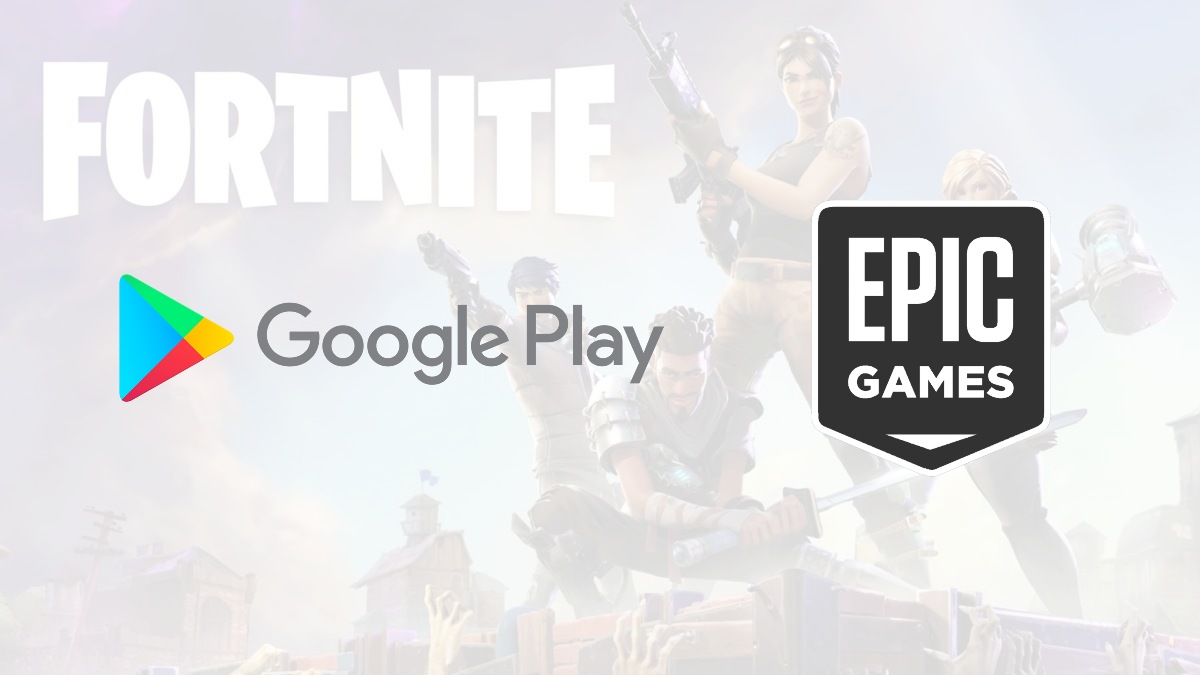Epic Games took legal action against Google in August 2020 for removing “Fortnite” from Google Play after Epic avoided Google’s in-app billing requirements. Google earns a 30% cut of revenue from apps launched in the Play Store.
A fully unredacted version of Epic’s complaint was published on Thursday, revealing the lengths Google went to stop other developers from leaving Google Play. The tech giant estimated it was at risk of losing as much as $6 billion by 2022 if there was a departure of developers.
Under the ingenuity known as “Project Hug,” Google supposedly paid out hundreds of millions of dollars to game developers, incentivizing them to keep games on the Play Store rather than following Epic’s lead.
On top of it, Google’s “Premier Device Program” also paid phone makers not to preinstall other app stores.
According to the unredacted complaint, a senior Google executive planned to buy shares from Tencent — which owns 40% of Epic — to “get more control over Epic,” or teaming up with Tencent to buy 100% of Epic.
Project Hug was planned as part of the effort to limit Epic’s influence, as “hug developers close and show love plan,” or “a surge plan to throw extra love/promotion to top developers and games (including Tencent portfolio companies),” Android executives clarified in internal documents. In practice, that interpreted in more practical terms to spending “hundreds of millions of dollars on secret deals with over 20 top developers” that the company had believed most at risk of falling to Epic’s “contagion.”
In a statement, Google spokesperson Peter Schottenfels commented, “Google Play competes with other app stores on Android devices and on rival operating systems for developer attention and business. We’ve long had programs in place that support best-in-class developers with enhanced resources and investments to help them reach more customers across Google Play. These programs are a sign of healthy competition between operating systems and app stores and benefit developers tremendously.”

